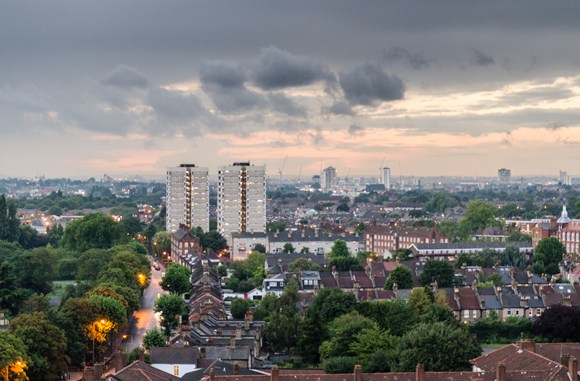London Councils has welcomed new figures showing a fall in rough sleeping in the capital as a “real success story”.
Responding to the release of the annual CHAIN report, the cross-party group highlights the impact of pan-London collaboration and targeted resources for frontline services supporting those who are rough sleeping off the streets.
The CHAIN data reveals 8,329 people were seen rough sleeping by outreach workers in the capital in 2021/22. This represents a 24% fall compared to last year. While the biggest decrease was in those new to the streets (a 31% reduction), the number of those living on the streets – or returning to the streets after moving away – also dropped.
Cllr Darren Rodwell, London Councils’ Executive Member for Regeneration, Housing & Planning, said:
“The fall in rough sleeping numbers is turning into a real success story for London.
“It demonstrates the difference that can be made by local councils, voluntary sector groups, the Mayor and the government all working in close partnership and putting resources into the frontline services that help rough sleepers get off the streets.
“There’s no room for complacency. Even one person sleeping rough is one too many, and we’re very aware the cost-of-living crisis means huge numbers of Londoners are struggling financially and at heightened risk of homelessness.
“It’s crucial that funding for rough sleeping services is maintained so that this trend can continue, but we also need to see more attention paid to the wider homelessness picture which remains a key challenge for the capital.”
Following the Covid-19 pandemic and the government’s ‘Everyone In’ directive, London has seen strengthened cross-agency co-ordination for tackling rough sleeping across the capital. Boroughs are working with City Hall, central government, the voluntary sector, health services, and other partners to build on the progress made so far and maintain momentum towards ending rough sleeping altogether.
However, boroughs stress that the availability of immigration advice services for those who are rough sleeping and need assistance to establish their eligibility for support remains critical to success. It is estimated that half of those sleeping rough in London are not from the UK. Services for addressing the complex needs of many rough sleepers – including around mental health and substance misuse issues – are also vital.
Rough sleeping is just one form of homelessness, with the vast majority of homeless Londoners living in temporary accommodation rather than sleeping rough on the streets. There are currently 155,000 Londoners – including 86,000 children – living in temporary accommodation arranged by their local borough.








